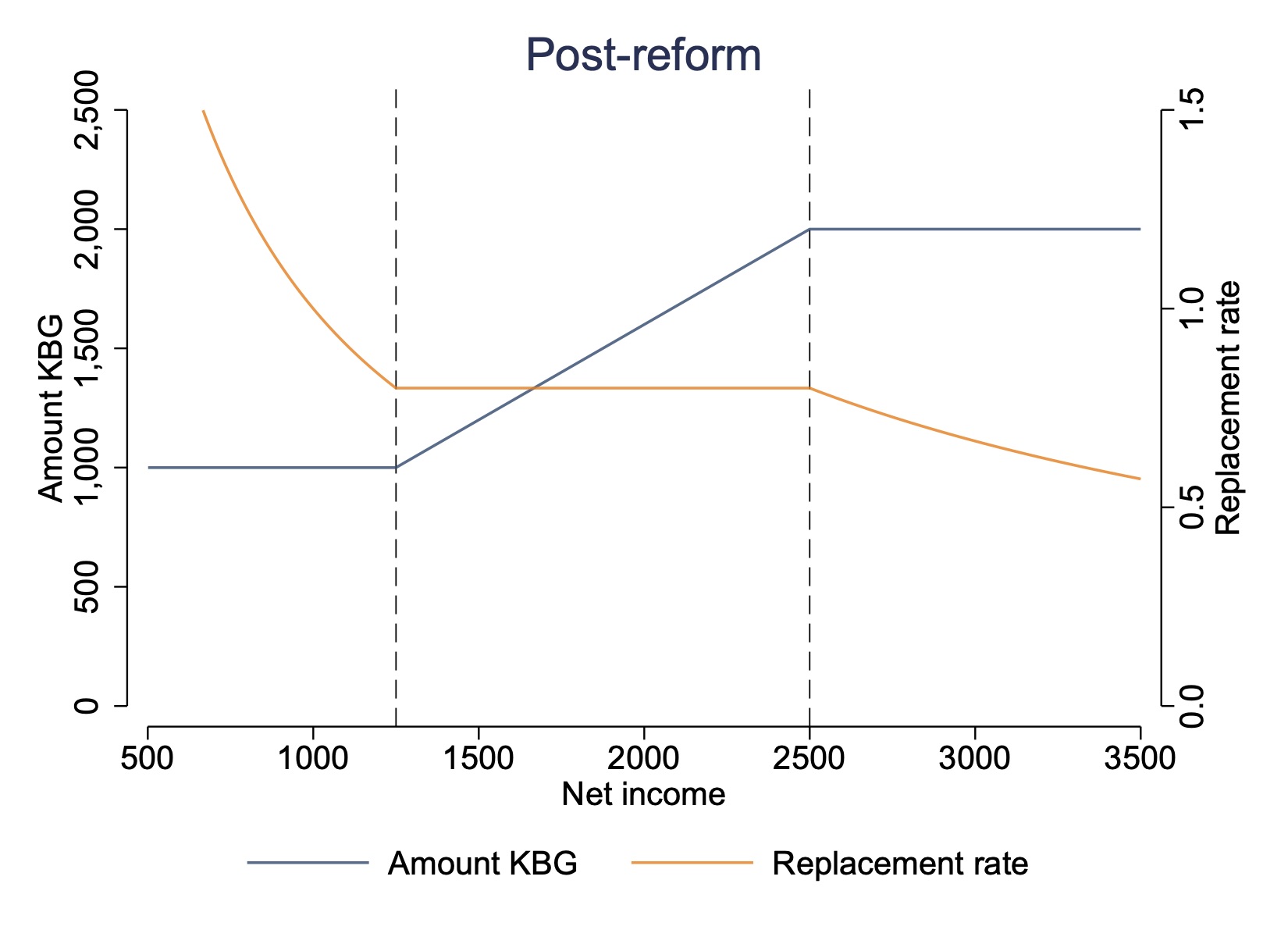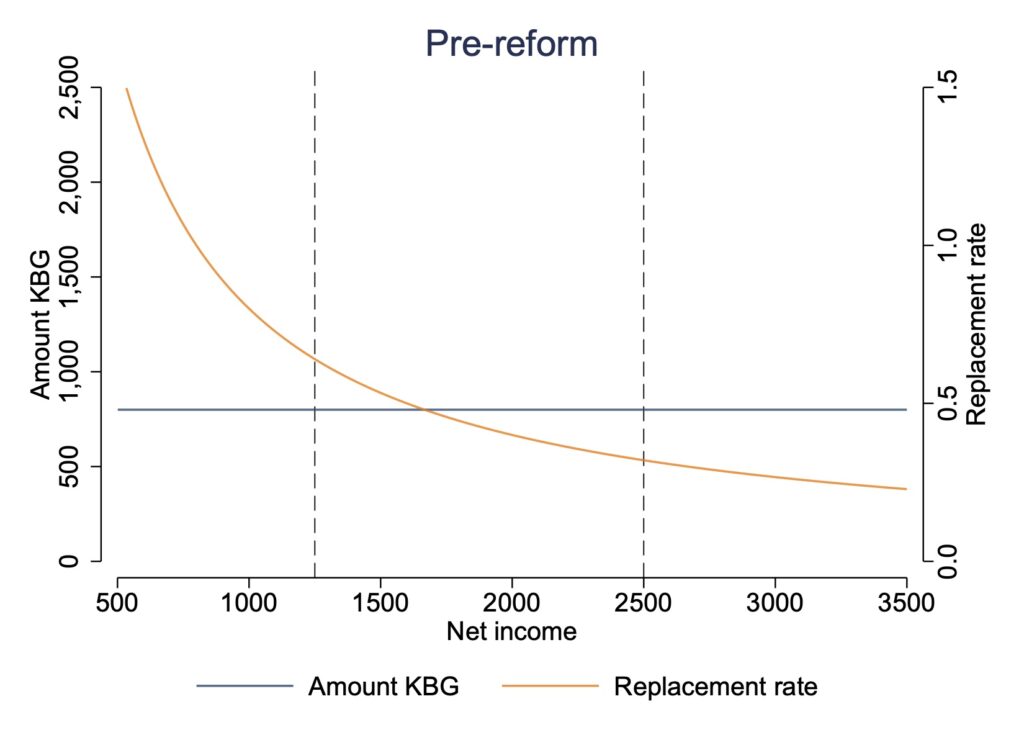Project duration: October 2021 – May 2024
This project is funded by the Anniversary Fund of the Oesterreichische Nationalbank (OeNB). See https://www.oenb.at/en/About-Us/Research-Promotion/The-OeNB-Anniversary-Fund.html for more information.
Motivation
Despite a large share of parental leave reserved for fathers in many countries, there is still a significant lack of fathers’ involvement in caring for their children. Austrian fathers are among those who take very little paternity leave. According to an OECD policy report from 2016, men account for just 4% of parents taking parental leave in Austria, compared to the 20% OECD average and 40% in Nordic countries. Given the potential gains for mothers and children from fathers taking parental leave, there seems to be room for improvement in Austria. While there exists a large literature on the determinants and effects of parental leave of women, less is known for leave of fathers. Most of the previous studies focus on the consequences for families of extending paternity leave. Our project also aims to examine which features of parental leave policies increase take up of fathers.
Project aims
This project will provide new evidence on the determinants and consequences of paternity leave. Specifically, we analyze whether financial incentives and flexibility considerations can contribute to higher take-up rates of parental leave. Our empirical analysis exploits exogenous variation due to the 2008 and 2010 parental leave benefit reforms in Austria. While the former reform introduced options of much shorter leave schemes, the latter reform additionally established an income-dependent benefit schedule. A combination of both reforms allows us to estimate effects of more flexible leave schemes as well as higher income replacement rates on take up and duration of paternity leave. Furthermore, we analyze how induced changes in parental leave affect future labor market outcomes of fathers and mothers.


 Project website
Project website